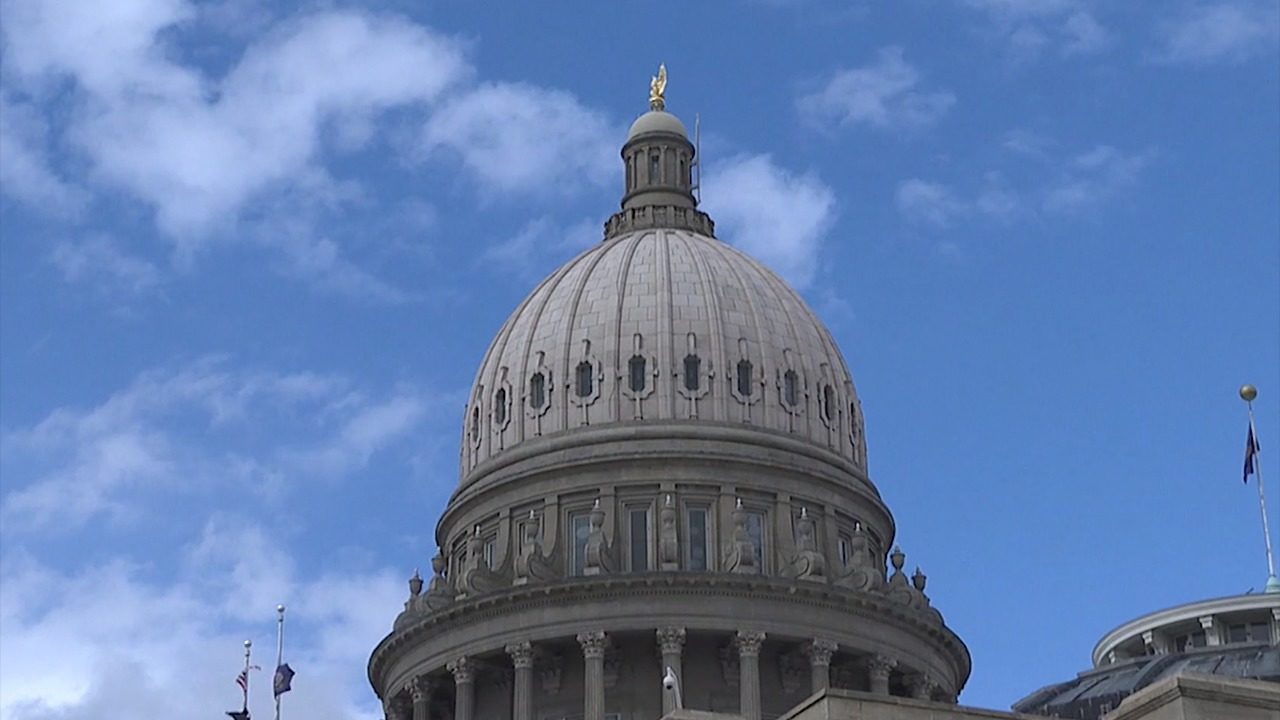Amendment would freeze number of Idaho legislative districts

BOISE, Idaho (AP) - The number of legislative districts would remain fixed at 35 and the number of lawmakers in the Statehouse at 105 under a proposed amendment to the Idaho Constitution introduced Thursday.
The House State Affairs Committee voted unanimously to clear the way for a hearing on the joint resolution brought forward by Republican House Speaker Scott Bedke.
Bedke is seeking to amend the Idaho Constitution that allows 30 to 35 districts. One senator and two representatives come from each district.
Bedke said 35 districts have worked well, but he's concerned the number could drop. He said that would disenfranchise voters, especially in geographically large districts.
"We already have large geographical districts in rural parts of the state, and our state is growing," Bedke, a rancher, told committee members. "In some parts of the state, you have to a go long ways to gather up another 10,000 people, if you'll forgive me for using a cowboy phrase."
The proposed legislation would have to pass the GOP-dominated House and Senate with a two-thirds majority. A majority of voters would have to approve in the November election.
Two previous attempts at redistricting have ended up in the courts amid concerns of gerrymandering.
Bedke, outside of the meeting, said he's concerned the courts and the commission could decide fewer legislative districts could be a solution for Idaho.
"The rural districts would get larger, and that will dilute the representation of everyone," Bedke said. "Your ability to access your elected officials in both the House and the Senate is diminished. And that's not a good thing."
The bipartisan Idaho Commission sets Idaho's legislative districts. The six-person commission will be appointed next year, following this year's census.
An effort last year by Republicans to add a seventh member to the Idaho Commission for Reapportionment failed after Democrats said it was a purely partisan attempt to give Republicans a majority on the commission and open up the process to gerrymandering.
Democrats blocked it using a House procedure to require every bill to be read at length, severely slowing down the process, before Republicans kicked that bill back to a committee where it died.
Bedke said the new bill has widespread support, and none of the Democrats on the committee voiced concerns.
The House this session has 56 Republicans and 14 Democrats. The Senate has 28 Republicans and seven Democrats.






